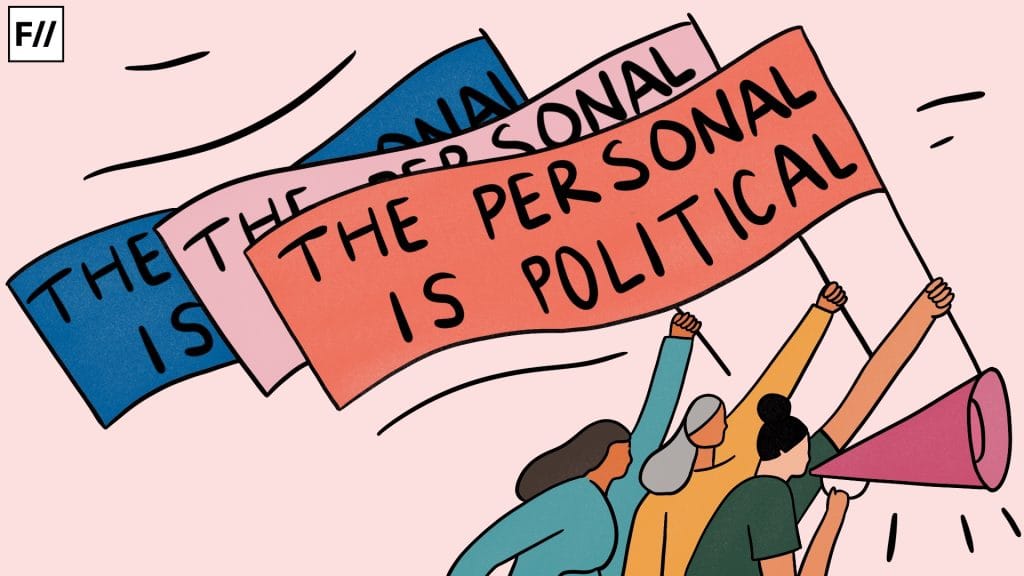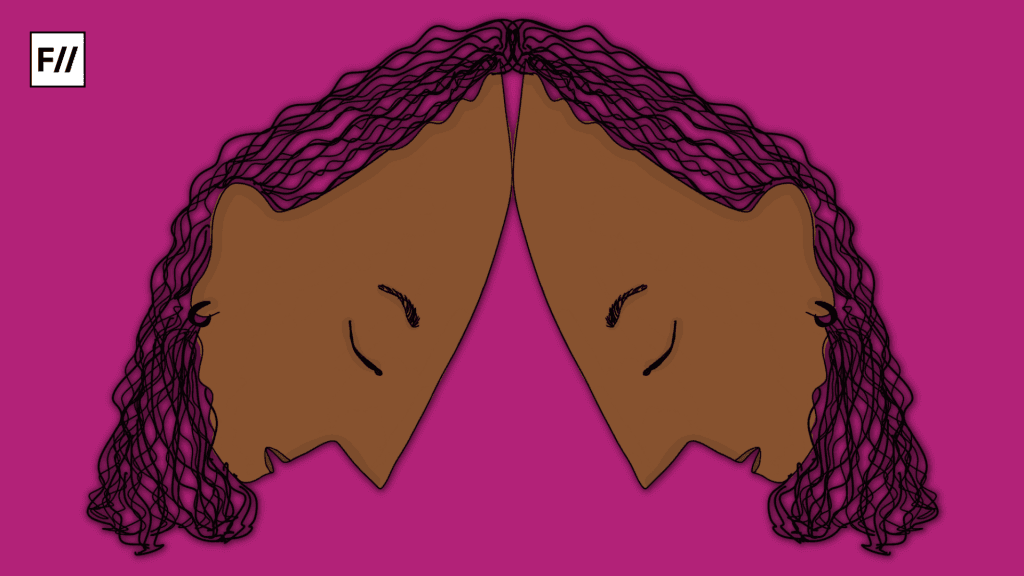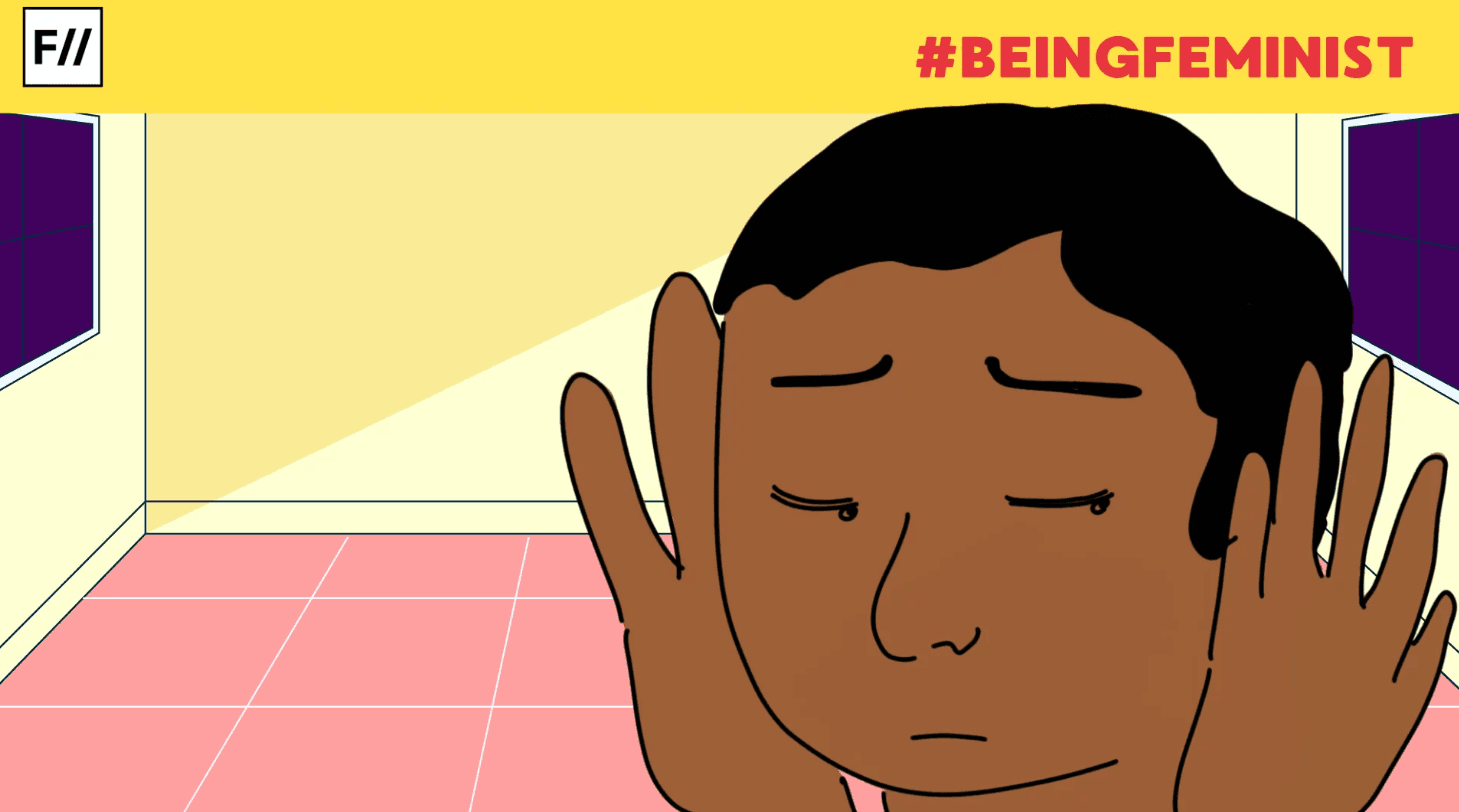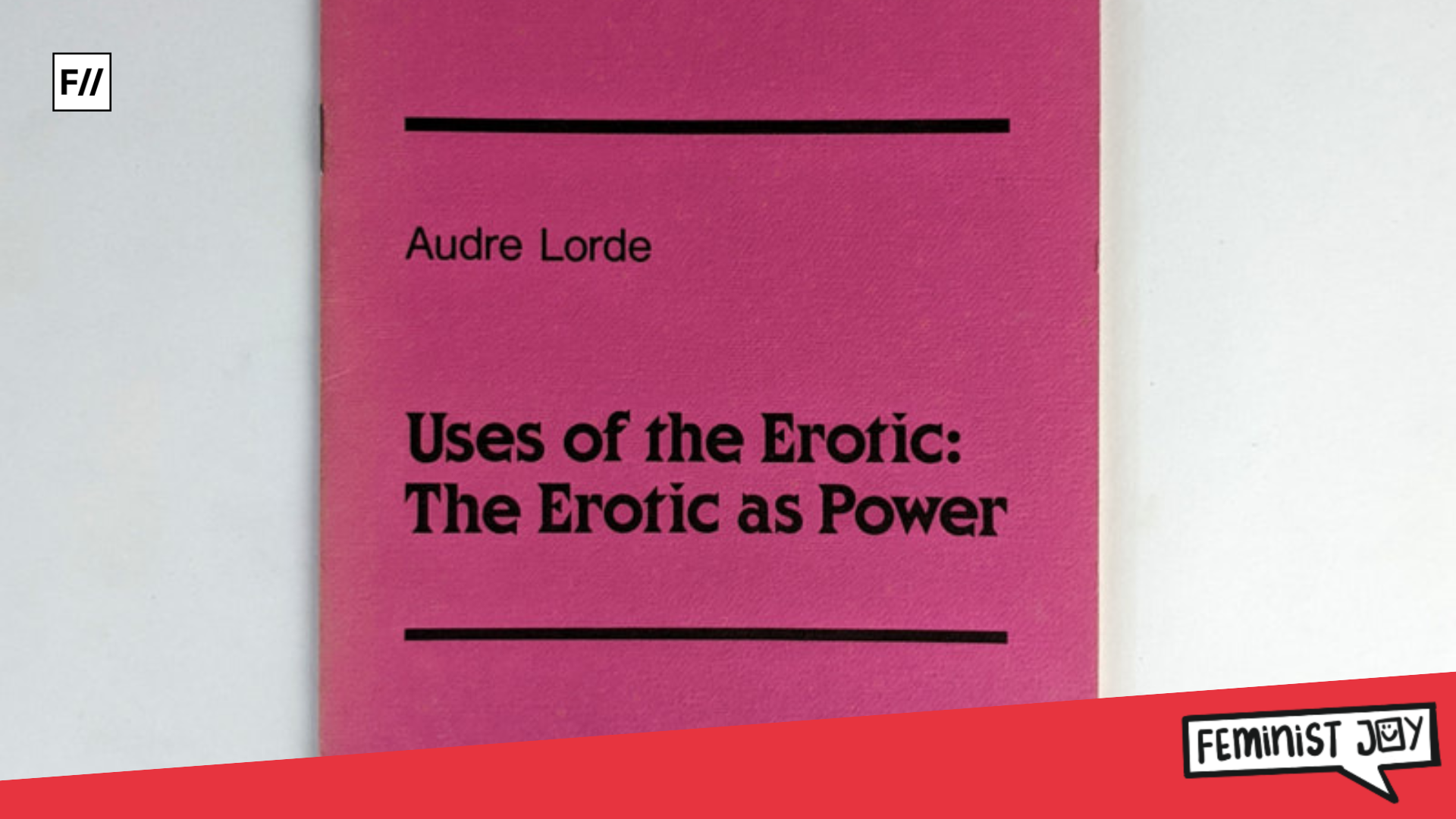Self-identification as a feminist is not easy especially when an individual is situated in that position of the gender hierarchy i.e. being a cishet man where they are bestowed with the cultural and institutional license to oppress and to curtail the freedom of the ‘other.’ The social construction of ‘manhood,’ is contingent on oppression, control, and violence over self and others. Any cishet man has to constantly display his capacity for aggression, emotional inhibition, and extreme levels of achievement orientation to prove that he is a ‘man.’
The objective identity of identifying as a man therefore requires a lot of self-reflection. My journey of ‘being,’ a feminist is about this constant reflection.
How I often fail to be a feminist
On International Women’s Day, many of my left-leaning classmates posted a quotation from Mao Zedong’s ‘Women Hold Half Of The Sky.’ I found the statement and how it was posted highly problematic. It was Women’s Day but the quote celebrating women has to be from a man. The flyer also read ‘Chairman,’ Mao. I was baffled by the extent of passive sexism and covert patriarchy of my left-wing friends. There have been eminent women like Rosa Luxembourg, Clara Zetkin, and Alexandra Kollontai who have played extremely pivotal roles in the global Communist struggle yet they don’t find any mention!! It seems that even the contours of feminism will also be decided by ‘progressive,’ men who are acting as saviours of women. Even in revolutionary struggles, it has to be men who define the needs of women and set their agenda. The feminist ethics that I attempt to follow is a conscious effort to do away with this obnoxious saviour complex.

Avoiding this paternalistic attitude is not always easy. I remember mocking and shouting at my mother for never speaking up about the misbehaviour of my dad. I accused her of being complicit in the toxic level of patriarchal control my father has by being silent and letting him yell at her although, my mother is a working woman not dependent on my father for her subsistence. I have often adopted a patriarchal stance of accusing my mother of being emotionally driven, and of not being rational enough even though she was the one who introduced me to feminism since I attained maturity and has never imposed regressive gender norms like not crying in my childhood.
I was barely sensitive to the patriarchal conditioning that she had received from her regressive patriarchal family since she was born. I was never sensitive to the difficulty my mother had to face in unlearning this conditioning. I have never been sensitive to her self-doubt, the constant dilemma she has to face every day of ‘being,’ a woman and at the same time socialising me, to the best of her efforts to adopt a gender-equal attitude. I have felt many times that I being ‘educated,’ know much more about the praxis of liberation than the oppressed subjects themselves.
I can also talk about my complicity in perpetuating patriarchy. I never speak up to my hostel co-boarders when they make sexist and queerphobic remarks because I am obsessed with maintaining a level of ‘acceptability,’ within the hostel. Being a feminist and often fulfilling the obligatory roles of a ‘man,’ simultaneously is extremely difficult. I confess that I am unaware of what I could do to overcome these difficulties.
Adopting a feminist stance, especially at a time when macho nationalism is a global zeitgeist leads to a lot of anxiety.
The joy of womanliness
Nonetheless, I enjoy being a feminist. There is a good feeling in subverting the norms of manliness by interacting freely with friends of the opposite gender and there is a level of emotional contentment and equilibrium because my ideological stance protects me from unnecessary y anxiety and frustration if my women peers outperform me in academics or extra-curricular activities. I can share my feelings of anxiety, pain, and agony freely with my friends. My stance has also made it quite easy to seek therapy for my mental health issues.

In dissent lies the possibility of freedom, of, agency, and of control over oneself amidst severe structural restrictions. My feminist beliefs provide me with a sense of satisfaction that I am not being drawn into the herd of several young men of my generation seduced by Fascist politics. I can tell myself that when Fascism is poisoning the social life of my country I am not silent. Ideologically my feminist stance draws on all of my opposition to violent patriarchal structures like caste, organised religion, racism, militarism, and capitalism because all of these systems impose forms of control over masses that resemble the conventional treatment of women within a patriarchal household. My interest in revolutionary thought and action has also been influenced by feminism.
As a student of social theory, I aim to correct the general anomaly of revolutionary thought and action that opposes the oppressed subject being treated like women. Casual sexism is also prevalent in anti-establishment movements. Phrases like hum churiya pehenkar baithe nahi hain( we are not sitting wearing bangles) are prevalent in many protest movements. This is a severe hindrance to the possibility of structural change and those same practices, institutions, and power relations are reproduced after the revolution. Therefore equating means and ends is extremely essential according to the famous anarchist activist Emma Goldman.
Strengthening my feminist self
Theories and ideas have no value if they cannot materialise into action. As I sit in the comforts of my hostel room typing on my laptop women in Sudan, Palestine, Tigray, and Myanmar are being raped as a weapon of war. The whole country is on fire against the governmental complicity in the brutal rape and murder of a junior PGT at RG Kar General Hospital Kolkata.
At this juncture, I have decided to do away with all my fears and take to the streets. I have marched alongside junior doctors demanding accountability and justice. I have pledged to continue marching and fighting the state regardless of the consequences. By doing this I can arrive at a cognitive harmony with my feminist self.
About the author(s)
Rohin Sarkar (preferred pronouns: he/him) is an eighteen year old teenager obsessed with critical theory, Anarchist studies and Ambedkarite literature. His passion other than academics include poetry by Faiz Ahmed Faiz and Habib Jalib along with Anarchist punk by David Rovics. He also enjoys Oxford style and British Parliamentary debating because it enables him to speak his mind without fear of being censured. When not studying or debating he is chatting on politics with his friends either on WhatsApp or in the college premises.






This was a beautiful read!